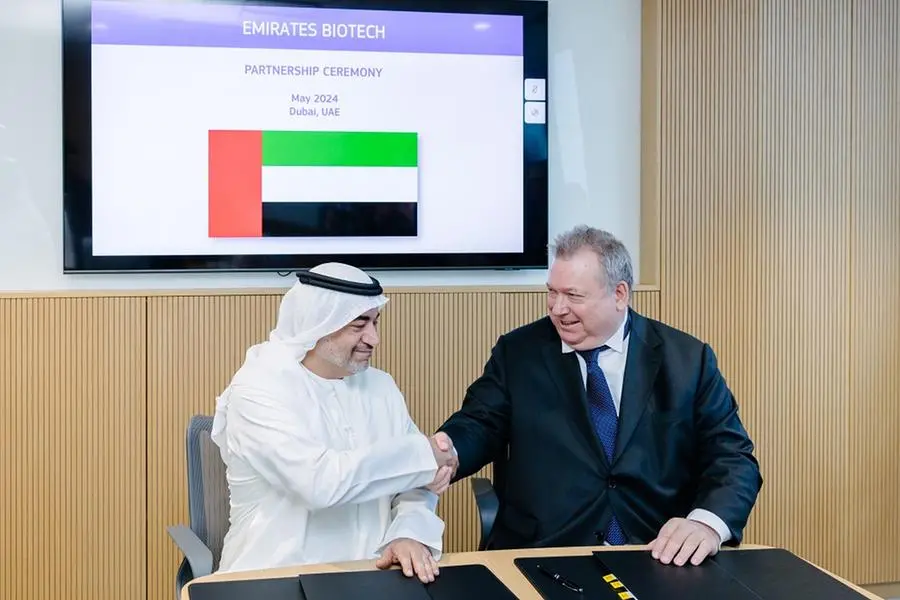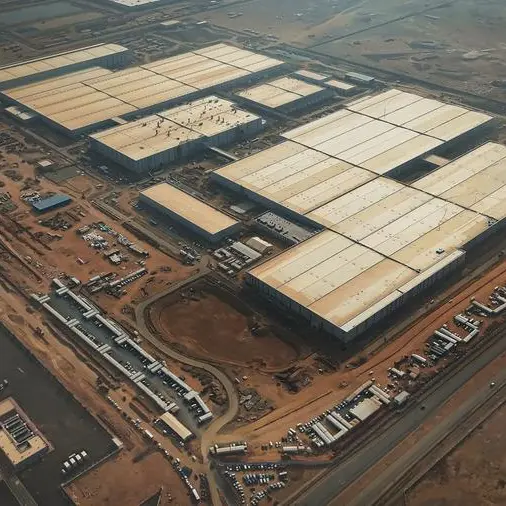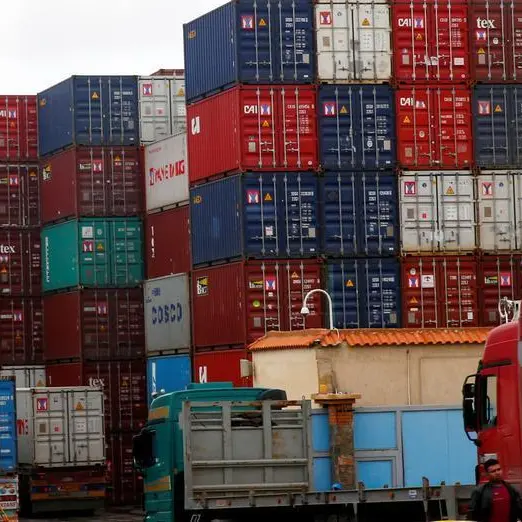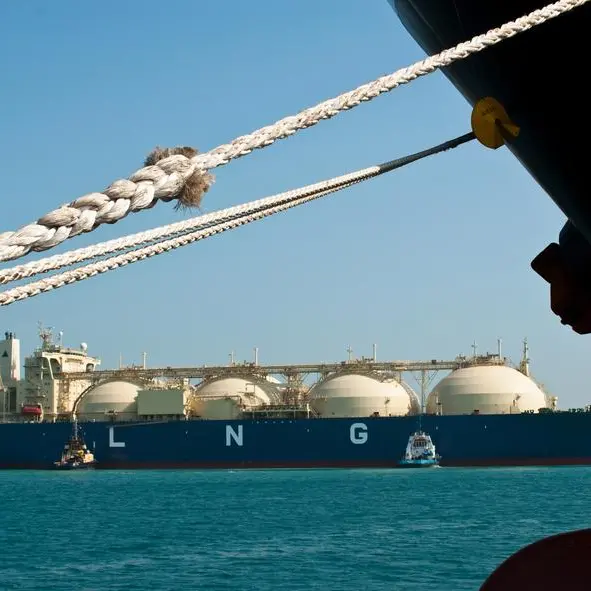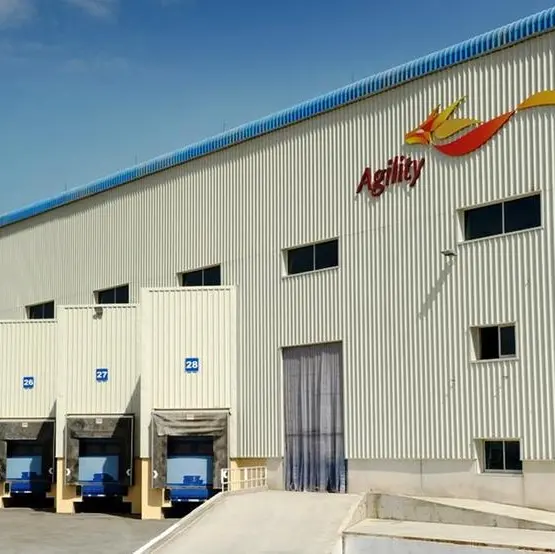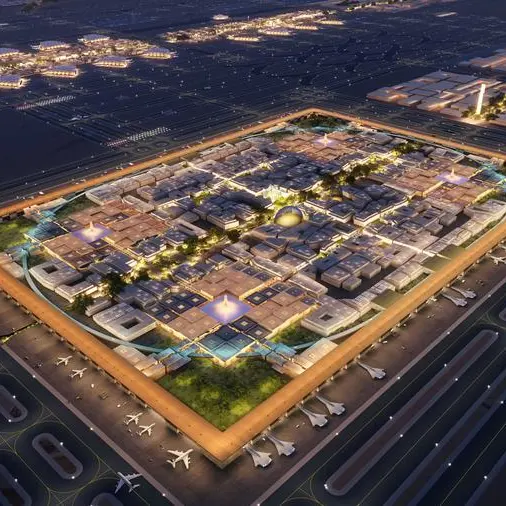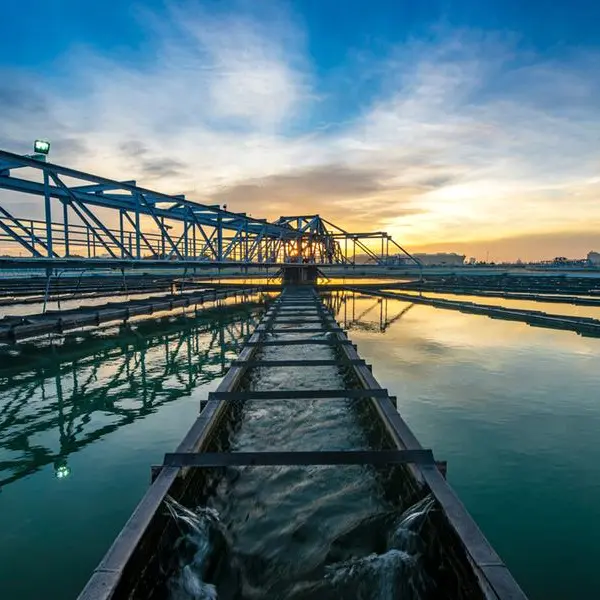PHOTO
A new joint venture between UAE and Hong Kong companies will establish the Gulf Cooperation Council (GCC) region's first-ever manufacturing plant for biomass-based, recyclable, and biodegradable polymers, providing a more sustainable alternative to traditional fossil-fuel-based plastics.
UAE-based SS Royal Kit Emirates Investment and Hong Kong-based Global Biopolymers Industries (GBI) announced on Monday the signing of an agreement to launch Emirates Biotech, a Dubai-headquartered company that will manufacture and sell plant-derived Poly Lactic Acid (PLA) biopolymers across the Middle East, Africa, and India.
The partnership agreement for the new company, which will start commercial operations in early 2025, was signed by Shaikh Suhail Ali Saeed Rashed Al-Maktoum and Shadi Jabari on behalf of SS Royal Kit Emirates Investment and Theodorus Everwijn on behalf of GBI.
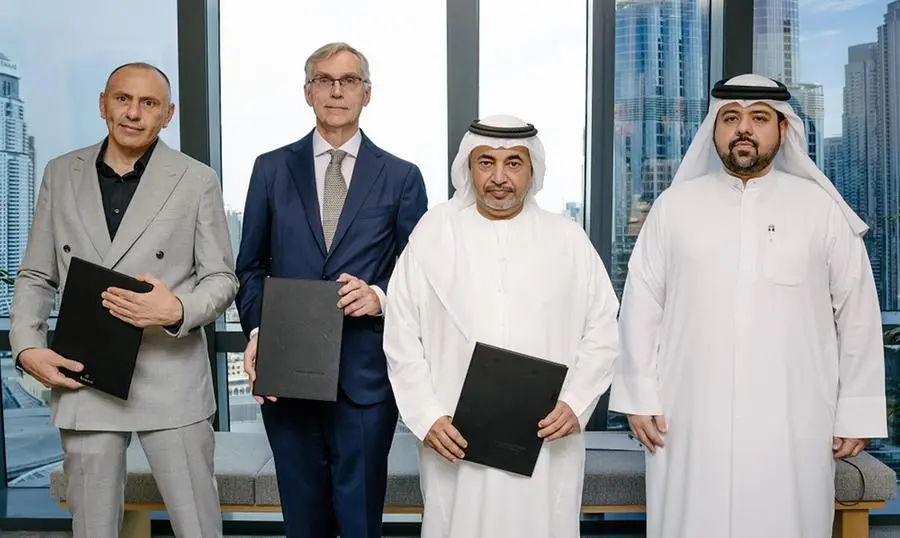

Emirates Biotech CEO Marc Verbruggen told Zawya Projects that the PLA plant will be located inside the KEZAD free trade zone in Abu Dhabi, and construction is scheduled to start before 2026.
"The plot of land where the plant will be located has already been secured. We will be announcing more details about plant capacity shortly," he said in an exclusive interview.
He acknowledged the complexity and financial demands of building a world-scale PLA biopolymer production facility and the importance of completing the project on time and within budget.
"To mitigate the market risk, we will start regionally trading PLA biopolymers as early as 2025. This will allow converters and brands to already experience the benefits of PLA biopolymers ahead of our targeted plant opening in 2027."
The Emirates Biotech CEO declined to disclose the amount invested by each party in the project but said the two shareholders are exploring various sources of equity and debt financing and plan to have full financing in place well before the start of the plant construction.
"There are, at present, no plans to find additional investors or stakeholders," he revealed.
Addressing demand for sustainable solutions
Verbruggen added that the project's location inside an economic free trade zone and proximity to the [Abu Dhabi] port will facilitate easy transportation of construction materials, raw materials, and finished products.
The principal raw material used to make PLA is lactic acid, derived from various agricultural feedstocks such as wheat, corn, and cane/beet sugar.
"In order to secure our future lactic acid needs, we are exploring both purchasing lactic acid through long-term supply agreements or investing in our lactic acid plant. Other raw materials will be sourced locally," he said.
The primary market for PLA biopolymers is rigid and flexible packaging and single-use food service items, which will address significant sources of plastic waste. They are also increasingly used in durable consumer goods, including electronics and household items.
Additionally, 3D printing applications are also emerging as a critical PLA market.
"For example, the Sushi Samba restaurant on Palm Jumeirah has the world's largest 3D printed PLA ceiling structure," said Verbruggen.
Commenting on the current demand for PLA bioplastics in the markets targeted by Emirates Biotech, he said that in the UAE and the broader Middle East, the drive towards a more sustainable, circular society that depends less on fossil resources is gaining momentum.
"Being the first large-scale PLA plant in the Gulf region positions the company uniquely against global competitors, capitalising on local demand for sustainable solutions. Additionally, Emirates Biotech will also support the development of a regional converting infrastructure so that not only PLA pellets but also PLA products can be exported worldwide."
He said consumers, governmental legislators and big consumer brands globally have started to realise the benefits of using biopolymers.
"It is up to Emirates Biotech to support the transition to a more sustainable future in our region," he said, adding that the company's pricing strategy will enable reinvestment while making the shift from traditional plastics to more sustainable materials affordable.
Building a sustainable future
As CEO, Verbruggen aims to establish Emirates Biotech as a key player in the regional bioplastics industry. "To achieve this, I must focus on engineering, building, and operating a large, world-class PLA plant in the UAE and developing a regional market for exciting PLA applications, supporting the UAE's vision for a more sustainable environment. Building a strong Emirates Biotech team will be my priority," he concluded.
In February 2024, Khalifa Economic Zones Abu Dhabi – KEZAD Group had announced that GBI will establish a 30,000-metric-tonnes-per-annum PLA production facility over an area of 135,000-square metres under a 50-year lease agreement.
(Reporting by Anoop Menon; Editing by SA Kader)
Subscribe to our Projects' PULSE newsletter that brings you trustworthy news, updates and insights on project activities, developments, and partnerships across sectors in the Middle East and Africa
